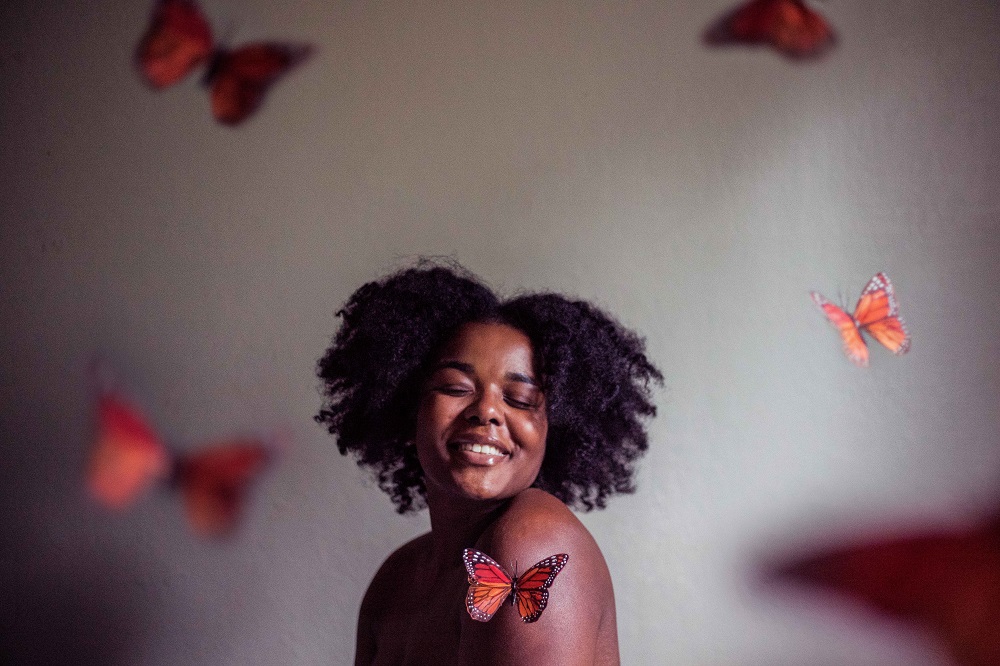By Ife Olusegun
Posted on December 31, 2021
The first time I felt that I was Black was when I was five years old. I was the only one in my first grade class that had to use brown construction paper for the self portraits that we were assigned to do. I remember that I did not have the coordination to cut curls out of the paper, so I cut myself straight hair. Someone laughed at me. “You don’t even have bangs!” she said. This was the first time that someone had laughed at me for my differences. She was only one year older than I was. Maybe two. But we were both young, and each had so much growing to do.
The second time that I felt that I was Black stuck around for far longer. This time, I was eight years old. The memories are just a bit clearer. Just a bit more bitter. It seemed that my third grade teacher would go out of her way to hurt my feelings.
“Congratulations…”
She started off this sentence, directed to me, in front of the whole class. My eyes lit up. Maybe I had finally gained her approval, maybe I finally did something right. With her eyes locked onto my hopeful face, I almost felt her smile as she smirked the remainder of her sentence.
“… you failed.”
She said this in regard to an “important” test that a class full of eight year olds had to take. I was crushed. Understandably. Third grade was not a good year for me.
Another time that I felt Black was when a supposedly good friend of mine had turned to talking about me behind my back. This could have just been part of the classic high school experience, if it were not for the fact that they would refer to me using racial slurs ─ but only when I was out of ear shot, I learned. It was when we had our yearly lice check in the tenth grade, and they claimed “Of course they are going to find lice in her hair! Have you seen that Afro?” that I felt Black all over again.
It had taken me time to readjust to relearn what being Black is supposed to represent. There are many more incidents that I could describe. But I am choosing not to dwell on them. None of these incidents contribute to what my Blackness means to me. These are incidents where others were attempting to impose their own meaning of Blackness onto me. Sure, they were the first few times that I felt Black, the first few times that I was aware that I was “different” than most of my peers. But today I know that my Blackness is not necessarily supposed to make me feel different. It is just who I am.
The meaning of my Blackness has grown with me, we have grown together. My Blackness is proof of resilience, and strength. It is a testament of brilliance and power and kindness and art and spiritual balance. My Blackness to me is just a part of me; it is not my whole. It connects me with my roots in Nigeria, Africa with the rich culture, and the spiritual practices of the Yoruba religion. Being Black can be tough sometimes. It aches my heart to see people of my colour dying at the hands of police officers all across North America. It hurts to see people mocking Black culture and Black people in different ways ─ be it blackface, or cultural appropriation or blatant ignorance.
Black is beautiful, black is strong, black is a blessing. Being Black can come with challenges, but so can
being queer
being a woman
being nonbinary
being a single parent
being a lone wolf…
it goes on.
Black can be beautiful and challenging—the two can coexist. And my Blackness is beautiful and challenging.
I would not have it any other way.


